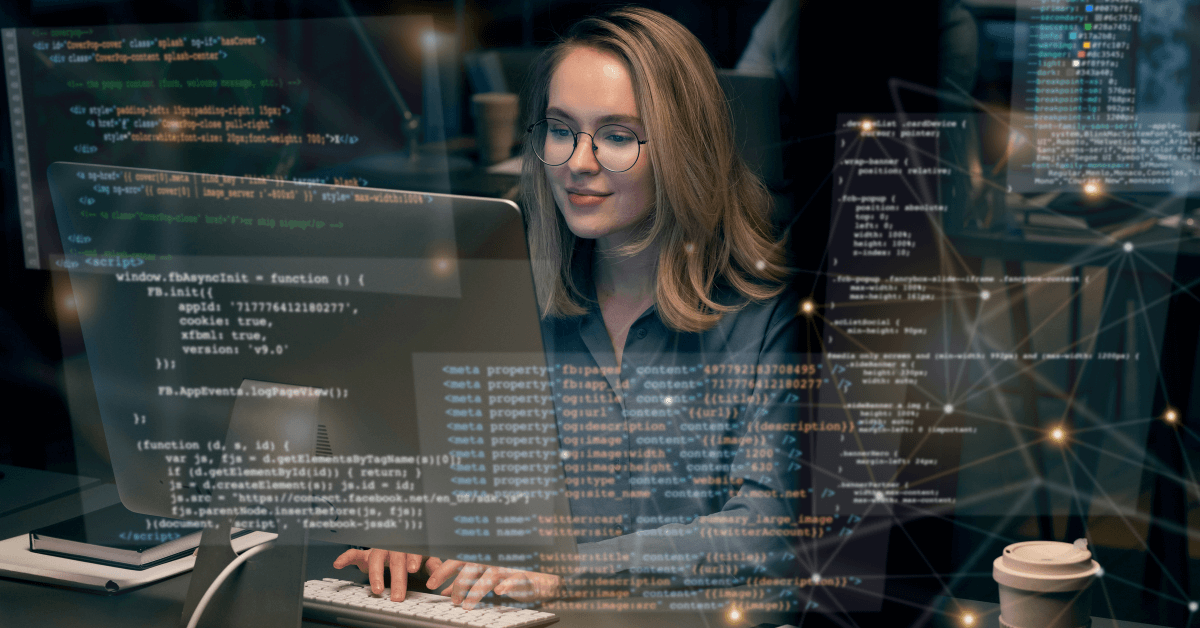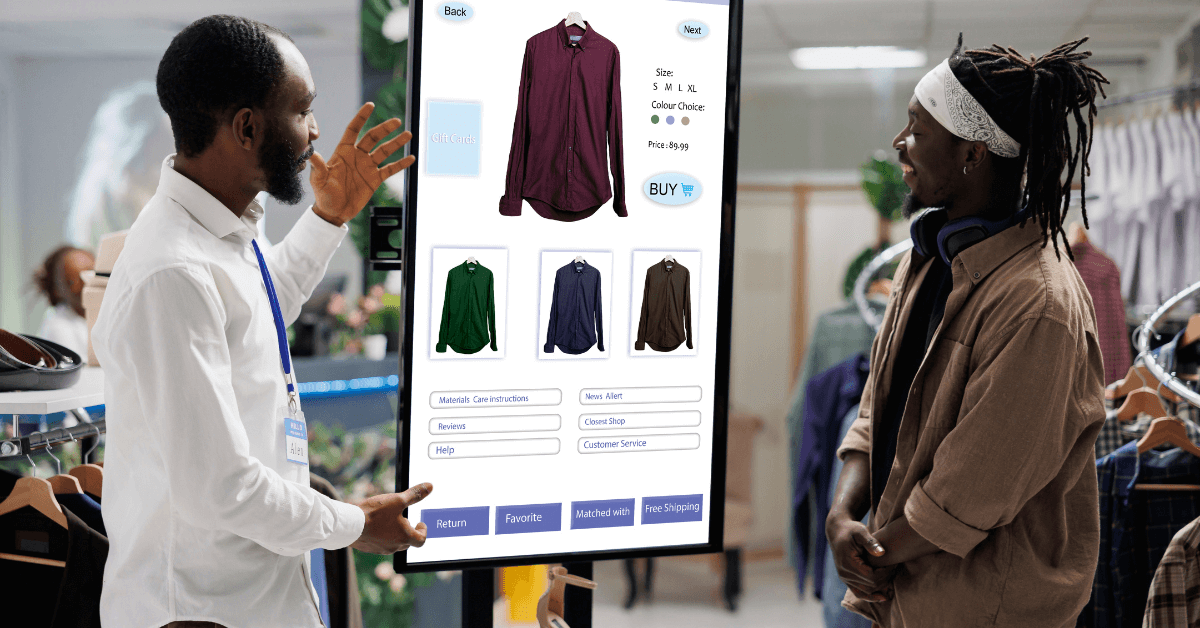AI and Education - The State of the Art
Explore the latest innovations and trends in AI and education. Learn how AI is transforming learning.
AI and Education - Is it Making Information More Accessible, or Less Reliable?
One thing that is different for college students as they wrap up the first semester of their school year this year is the use of AI. AI, from personalized learning to automated grading, could be the future of higher education. But not without a struggle.
In the discussion surrounding AI's emergence in education, there is a 50/50 mixture of excitement and caution.
While certain universities and online courses like Great Learning are enthusiastically embracing AI courses to enhance learning, others remain hesitant to embrace this new technology.
In an op-ed, Douglas Hofstadter, professor of cognitive science and comparative literature at Indiana University, writes - "I can't imagine the cowardly, cowed, and counterfeit-embracing mentality that it would take for a thinking human being to ask such a system to write in their place."
Hofstadter says that it would be "like inviting machines to walk over you." He's not the only one who thinks this way.
In a survey of 386 Harvard Faculty members, nearly half (47%) believed that artificial intelligence would hurt higher education.
AI is a source of uncertainty for many professors. Will AI be used by students to cheat? Does it interfere with learning? Does it produce reliable information?
The State of AI in Education Report, a recent report by Quizlet, offers some useful insights.
-
AI is a study aid that helps two-thirds (67%) of the students surveyed.
-
Students said that it helped them understand the material better.
-
ChatGPT and similar AI technology were more common among students who said they studied three or more hours each night. This suggests that the students don't use it as a shortcut but rather as a way to enhance their learning.
-
AI positively influences learning for nearly half (47%) of students.
-
Only 39% of students surveyed expressed excitement or optimism about AI in the classroom, while half of teachers said they were.
-
49% of educators say that using AI has improved their workload.
-
Teachers primarily use AI for lesson planning, information gathering, and preparation of classroom materials (tests and homework).
The student interviews conducted by the Conversation also support these statistics.
One student said that AI had sharpened their thinking. He stated they "developed critical-thinking skills by critiquing the work of AI."
Another student stated that they see AI as the next Google.
"Let's assume you are a newbie in a subject. You can use ChatGPT as an interactive Wikipedia and ask questions."
Students aren't afraid of recognizing its limitations. One student called ChatGPT's response "quite abysmal."
On the teaching side, however -
What does all this confusion of opinions mean? AI in education has only just begun and it is still a new technology. Early adoption will always bring out the skeptics.
There are no regulations in place for the use of AI within the educational space until September 2023. It is up to the schools whether they want to use it or not.
How AI is used by a professor in the classroom
Liz Fontanella is a faculty member at Nashua Community College. She has chosen AI as a tool to help her in her work.
She says that AI is a new component in her classroom this year. "My intention is to share the power of AI with students and equip them with the tools they need to understand, challenge, and co-create using AI."
Fontanella, a professor who teaches in the Arts, Humanities, Communication, and Design Department, as well as the Social, Educational, and Behavioral Sciences Department, focuses on equipping students with critical thinking skills to use AI effectively.
She says "The importance of rapid engineering and a focus on the process will play a part." "I will emphasize the importance of accuracy and correct sources of any material."
Fontanella says that AI is going to be a big part of classrooms and it's the professor's job to make sure its use is grounded in critical thinking.
Fontanella plans to discuss and do exercises about artificial intelligence in politics in her class "Mass Media and Politics".
She says that "AI's power of persuasion in politics and the possibility of fraud will be at the forefront of our discussion." Students will discuss how to critically analyze what we'll see as we approach the next presidential elections.
What about cheating? Fontanella admits that cheating is a problem for many of her co-workers, but she prefers to focus on its benefits.
She says that when calculators were introduced into classrooms, many teachers expressed their concern, saying "Students will not learn math." "Now we know this was not true - it's a tool."
Future of AI in Education
Early research indicates that artificial intelligence courses can empower students in and outside the classroom.
AI is the one thing that I wish I'd had as a student. I would have been able to cope with my academic struggles in silence. It can foster creativity and curiosity. It can also help with research and provide access to a wealth of information without having to pay a large tuition fee.
Will it deliver? While we wait for the answer, students and educators will navigate its benefits and shortcomings and expect more regulation.

Subscribe & get all related Blog notification.





Post your comment